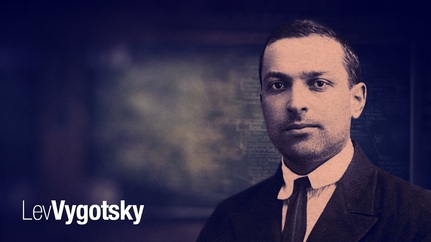Explaining the
dialogic processes of teaching and learning: The value and potential of
sociocultural theory
 Within
the broad field of research on learning, culture and social interaction,
sociocultural theory is
now commonly used as an explanatory conceptual framework. In this article we
begin by setting
out the essential elements of this theory as it applies to a specific area of
enquiry in which
we have been involved, which is aimed at understanding the educational
functions of classroom
talk. In doing so, we will discuss some key concepts generated by the theory.
We
Within
the broad field of research on learning, culture and social interaction,
sociocultural theory is
now commonly used as an explanatory conceptual framework. In this article we
begin by setting
out the essential elements of this theory as it applies to a specific area of
enquiry in which
we have been involved, which is aimed at understanding the educational
functions of classroom
talk. In doing so, we will discuss some key concepts generated by the theory.
We
then
review empirical research on talk and learning which has been inspired and
informed by
a sociocultural perspective, and go on to consider the educational implications
of its findings. Finally,
we consider how research on the educational functions of classroom talk might be
developed, both theoretically and empirically, by using a sociocultural
framework to link it
with other lines of enquiry into learning and cognitive development.
You can find the text in here.
Key ideas:
- · Experimental studies of students' collaborative activity
- · Studies of collaborative activity in school
- · Educational implications
- · Dialogue and the development of self-regulation
source image
No hay comentarios:
Publicar un comentario